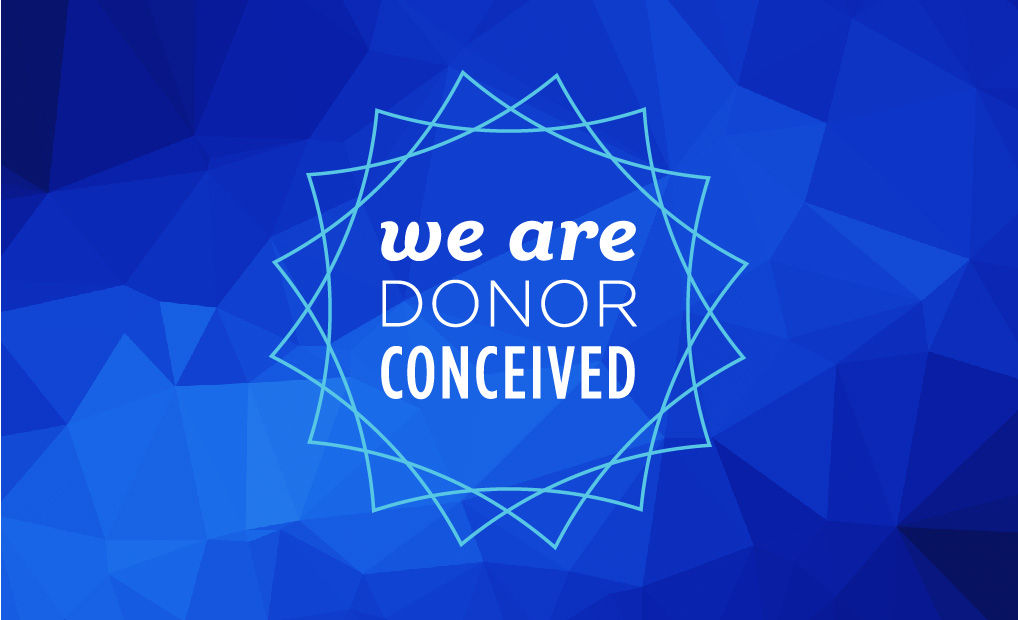The 2020 We Are Donor Conceived survey is the most robust to date, with additional questions and the largest sample size in the survey’s history (481 unique responses from donor conceived individuals in 15 different countries). Here are some of the key findings:
1: Donor conceived people use a variety of words to describe the person who provided half of their DNA
Biological father/mother was the most commonly selected term, followed by sperm/egg donor. Other frequently selected terms include donor father/mother, genetic mother/father, and mother/father.
2: Early discovery reduces trauma but not curiosity
Respondents who learned they are donor conceived before age three were significantly more likely to categorize their overall experience of being donor conceived as positive and less likely to say the method of their conception sometimes makes them feel distressed, angry, or sad than late discovery respondents. While early discovery does help to normalize one’s origin story, results indicate that it does not make donor conceived individuals less interested in knowing the donor or their donor siblings.
3: Donor conceived people are using DNA tests to identify their donor and donor siblings
DNA testing has effectively ended any promise of donor anonymity. Among survey respondents, 78% said they have successfully identified their donor through DNA testing (sometimes with the aid of genetic genealogy and/or search assistants). Seventy percent have identified at least one donor sibling this way. Among the donor conceived population, the widespread use of DNA testing is a positive development because these services are the best (and sometimes only) available method to connect with donor siblings or discover the identity of their unknown genetic parent.
4: Donor conceived people want to form relationships their donor and donor siblings
The desired nature of these relationships vary from person to person, but the largest segment of respondents indicated they hope to form a close friendship with their biological parent and siblings.
5: Donor conceived people do not support anonymous donation agreements
Eighty one percent of respondents support abolishing anonymous donation agreements and 67% believe the donor’s identity should be available to the donor conceived person from birth.
6: Anonymous donation agreements harm donor conceived people
Seventy percent of respondents believe they have been harmed by not knowing the donor’s identity and 80% believe they have been harmed by not knowing the donor’s medical history.
7: Parents of donor conceived individuals might not know their true feelings
Slightly more than one third (34%) of survey respondents said their parents are aware of their true feelings about being donor conceived.
8: Donor conceived people believe it is a basic human right to know the identity of both biological parents
Those who have been denied crucial information about their genetic identity understand the importance of this information. Eighty eight percent of respondents believe it is a basic human right to know the identity of both biological parents.
9: Most people who are donor conceived probably don’t know it
More than one third (37%) of survey respondents discovered they are donor conceived as the result of taking a commercial DNA test such as 23andMe or AncestryDNA as an adult. Many donor conceived people later report their parents never intended to tell them the truth about their origins. Those outside of the community who like to debate the ethical issues of donor conception (or even tell donor conceived people how they should feel) ought to consider the possibility that they themselves are donor conceived.
10: The ART (Assisted Reproductive Technology) industry has a responsibility to consider the needs of donor conceived people
Ninety two percent of those surveyed agree with the statement “The ART (Assisted Reproduction Technology) industry has a responsibility to act in the best interest of the people it helps to create”.

